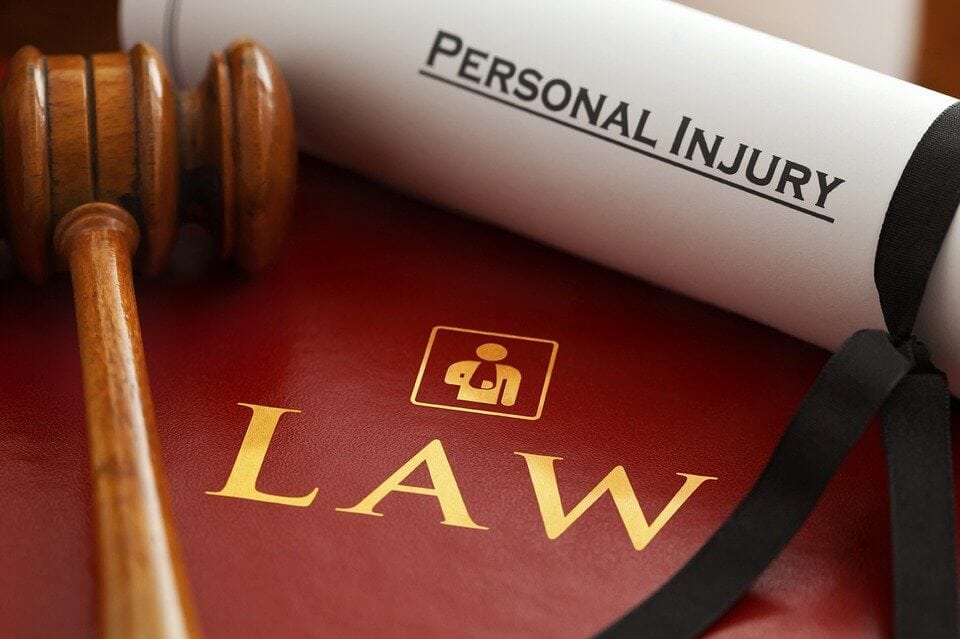 When a debtor files bankruptcy, any potential or actual personal injury claim must be disclosed in the bankruptcy schedules. A personal injury claim is any claim against a person, business, insurance company, or other parties, arising from the personal injury of the plaintiff, or person bringing the claim. Such claims may arise from an automobile accident, a work related accident, slip and fall, and other forms of injury to the person bringing the claim.
When a debtor files bankruptcy, any potential or actual personal injury claim must be disclosed in the bankruptcy schedules. A personal injury claim is any claim against a person, business, insurance company, or other parties, arising from the personal injury of the plaintiff, or person bringing the claim. Such claims may arise from an automobile accident, a work related accident, slip and fall, and other forms of injury to the person bringing the claim.
Usually, the debtor in bankruptcy can keep the personal injury attorney of his choosing. However, the bankruptcy trustee can hire a separate personal injury attorney to prosecute the claim, because the claim is part of the bankruptcy estate.
In a Chapter 7 bankruptcy, any personal injury claim that arising before the filing of the bankruptcy is considered part of the bankruptcy estate, and any settlement or award arising from the claim, is subject to seizure by the bankruptcy trustee. If the claim arises after the filing of the bankruptcy, such claim is not considered part of the bankruptcy estate, and therefore protected from seizure or attachment by the bankruptcy trustee.
In a Chapter 13 bankruptcy, any claim arising either before or after the filing of the bankruptcy is included in the bankruptcy estate, and some or all of the proceeds received in the personal injury action may be seized by the Chapter 13 bankruptcy trustee. As a public policy issue, most trustees will not seek all of the proceeds from a personal injury award because it creates a large disincentive for the debtor or plaintiff to cooperate in such action. In the Middle District of Florida, the trustee will usually request 50% of the net proceeds of the personal injury award or settlement.
Florida provides an exemption for any monies received in a worker’s compensation action, and such exemption also applies to any debtor in bankruptcy. Although the proceeds from a worker compensation action are Exempt in bankruptcy, the trustee may nevertheless seek to acquire a portion of the proceeds by arguing such proceeds constitute disposable income or monies that exceed those that are reasonably necessary for the living expenses of the debtor.
There are other exemptions that the debtor in bankruptcy may employ to protect some or all of the monies received from a personal injury settlement or award. For example, Florida permits a personal property exemption of $1000 per debtor and a super exemption, for those who do not own a homestead, in the maximum amount of $5000, if one includes the personal property exemption.
If a debtor converts his or her Chapter 13 bankruptcy to a Chapter 7 bankruptcy, and the claim arose after the filing of Chapter 13, the personal injury claim is not part of the bankruptcy estate, unless the conversion constitutes bad faith. Judge Delano, in the Fort Myers division of the bankruptcy court of the Middle District, held that converting to a Chapter 7 for the sole purpose of avoiding seizure of one’s personal injury claim does not in itself constitute bad faith. However, Judge Delano does maintain that such decision was heavily based on the facts of that particular case. No one should rely upon this decision as a standard determination that such conversion would not be deemed in bad faith.
Author: Jay Weller is a bankruptcy attorney with offices in Clearwater, Brandon, Lakeland, and Port Richey, Florida. Weller Legal Group, PA was founded in 1993, and is considered by many to be the most prominent bankruptcy law firm in the State of Florida, representing debtors in Chapter 7 and Chapter 13 bankruptcy.
Picture Credit : Claimaccident


